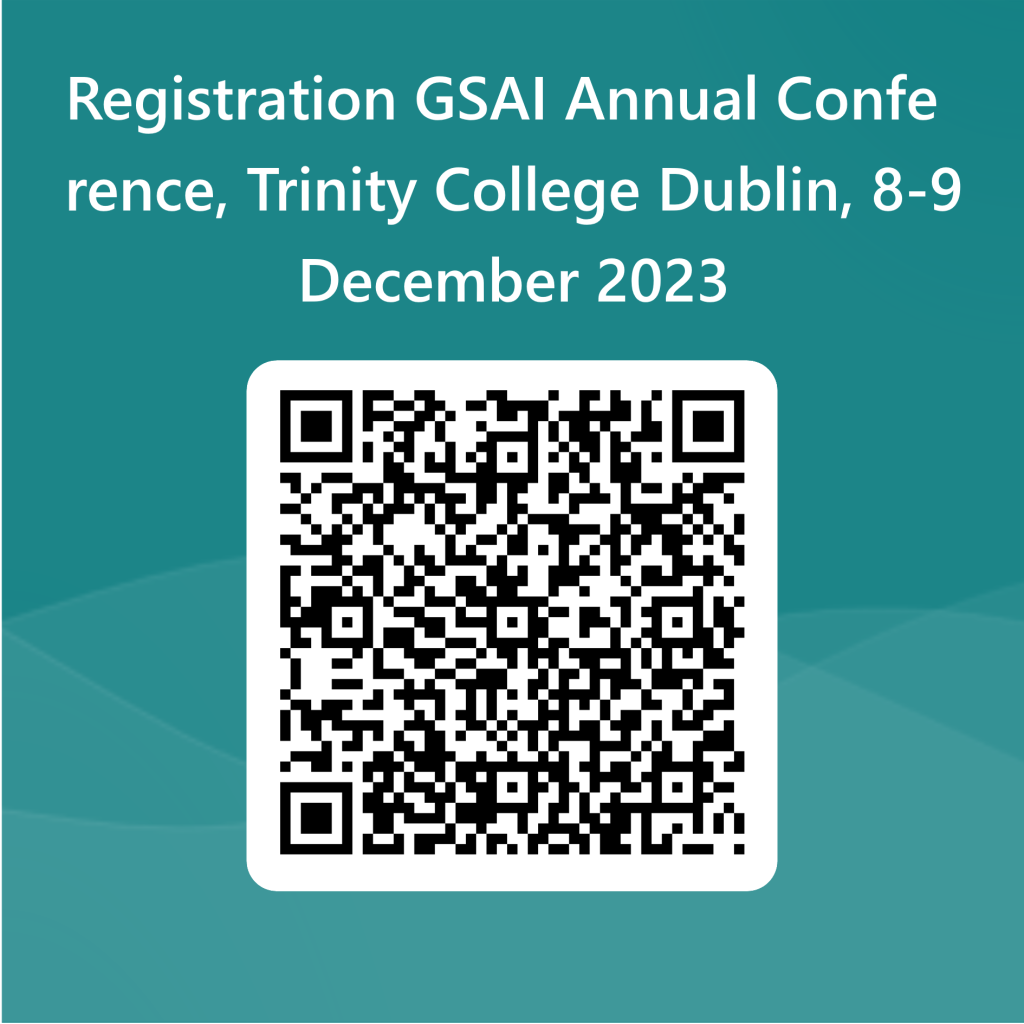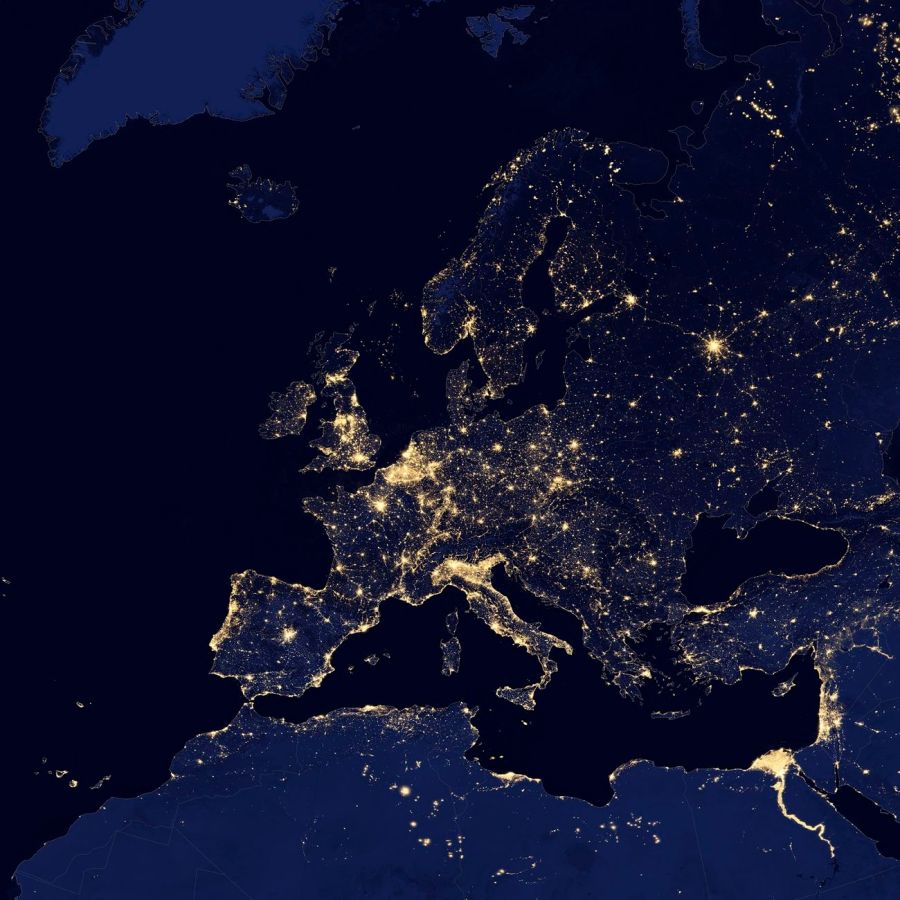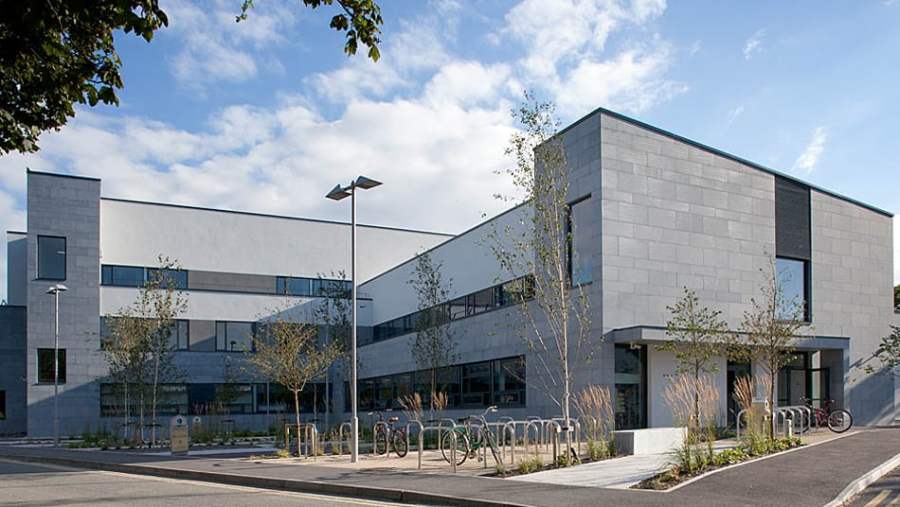Clash of cultures?
Bildungsvermittlung zwischen den Generationen
im Zeichen der digitalen Revolution
University of Galway, 4. und 5. November
Die digitale Revolution und die rasante Entwicklung und Ausbreitung neuer Kommunikations-und Speichermedien markieren einen der einschneidensten kulturellen Umbrüche seit Erfindung der Schrift. Die von vielen als krisenhaft wahrgenommene Übergangssituation, in der wir uns derzeit befinden, zeichnet sich durch das gesellschaftliche Miteinander und Nebeneinander sozialer Gruppen aus, die sich hinsichtlich ihrer Mediensozialisation und folglich auch ihres Umgangs mit Medien beträchtlich unterscheiden. Verkürzt gesagt: Der Generation der Digital Natives stehen Gruppen gegenüber, die noch – mehr oder weniger stark – von den medialen Gegebenheiten der vor-digitalen Kultur geprägt wurden. Diese historisch wohl einmalige Konstellation wirkt sich in massiver Weise auf das Verhältnis zwischen den Generationen und damit auch auf die Praxis der Bildungsvermittlung aus.
Zwar trat Bildung stets mit dem Anspruch auf, Vorbereitung auf „die Zukunft“ zu sein, gleichzeitig aber ging es ihr traditionellerweise immer auch darum, Bestehendes und Bewährtes zu reproduzieren: Werte und Normen, Wissensformen und -bestände, Kulturtechniken und einen kulturellen Kanon. Diese konservativen Funktionen von Bildung haben heute vielfach ihren Sinn verloren bzw. sie bedürfen einer radikalen Neuausrichtung. Viele im Bildungssektor Beschäftigte stehen vor der nicht unerheblichen Herausforderung, sich auf die neuen kulturellen Gegebenheiten einzustellen. Dazu gehören:
- der Niedergang der Literatur im Zeichen zunehmender Medienkonkurrenz
- die veränderte Funktion von Bibliotheken
- neue Erscheinungsweisen von Literatur jenseits der Schriftlichkeit (Hörbuch,
- Streaming, Poetry Slam, Graphic Novel, Comic)
- ein beispielloser Strukturwandel der Öffentlichkeit (gekennzeichnet durch Phänomene wie mediale Blasen, „Lügenpresse“, Verrohung sprachlicher Umgangsformen bis hin zur ‚hate speech“ und zum ‚shitstorm“, Proliferation von politisch, sozial und kulturell bestimmten Subkulturen usw.)
- neue Kulturtechniken des Lesens und Sehens, des Interpretierens und Kommunizierens
- neue Ökonomien der Aufmerksamkeit
- der Verlust eines generationsübergreifend Kohärenz stiftenden Kanons in fast allen kulturellen Bereichen (Literatur, Musik, Kunst, Film).
Die nicht selten einseitig kritisch-ablehnende Haltung der „Digital Immigrants“ (wie die Generation der vor-digital Sozialisierten oft genannt wird) gegenüber den neuen Kultur-techniken, Einstellungen und Mediennutzungsgewohnheiten der „Digital Natives“ führt oft eher zu einem Klima des „Kulturkampfes“ als zu einem des generationsübergreifenden Dialogs. Doch mehr denn je gilt heute, dass Generationen voneinander lernen können und müssen.
Die geplante Tagung verfolgt ein doppeltes Ziel: Sie will einerseits dazu beitragen, die angedeuteten Auswirkungen der digitalen Revolution für den Bereich Bildung und für das Verhältnis zwischen den Generationen genauer zu begreifen, und andererseits diskutieren, welche Möglichkeiten und Chancen sich bieten, den Übergang in die digitalisierte Gesellschaft für die jetzt 20-30jährigen in einer Weise zu gestalten, die einerseits mit dem Verantwortungsbewusstsein und dem pädagogischen Ethos der Digital Immigrants konform und andererseits geeignet ist, das Innovationspotenzial der Digital Natives effektiv zu entfalten.
Willkommen sind Beiträge, die sich dem Thema aus (bildungs-)soziologischer, pädagogischer, medientheoretischer oder kulturwissenschaftlich / kulturphilosophischer Perspektive nähern. Es versteht sich, dass dabei insbesondere Fragestellungen Berücksichtigung finden sollten, die für den (auslandsgermanistischen) Sprach-, Literatur- und Kulturunterricht von Bedeutung sind.
Die folgende Liste in Frage kommender Themenfelder erhebt keinerlei Anspruch auf Vollständigkeit. Beiträge zu anderen relevanten Problemstellungen sind ebenso willkommen. Insbesondere jüngere Kolleg*innen sowie Postgraduierte sind eingeladen, Themenvorschläge einzubringen.
- Jugendkultur(en)
- Medientheorie
- Medienpädagogik
- Veränderungen traditioneller Kulturtechniken des Lesens, Sehens, der hermeneutischen Analyse und des Kommunizierens
- Verschiebung von Schriftlichkeit zu Bildmedien und Oralität
- Zugänge zu neuen Medien (z.B. Computerspiel, TikTok,YouTube, Instagram)
- Darstellung von Digital Natives in Literatur und Film
- Analysen zur Kultur und Ästhetik sozialer Medien und zur Rolle alter und neuer kultureller Inhalte in sozialen Medien
- Formen neuen Lehrens und Lernens
- Medial bedingte Transformationen der Wissensgesellschaft (AI, Übersetzungs-programme, Verfügbarkeit des Weltwissens auf dem Handy, digitale Recherche-möglichkeiten, Formen vernetzten Forschens)
- Verlust des Kanons als Herausforderung
- „Kritisches Denken“ im Zeitalter von fake news, digitalem Kapitalismus, Influencern und Verschwörungstheoretikern
- Umgang mit Geschichte – generationsspezifische Erinnerungskulturen – „Gegenwartszentrismus“
- Probleme und Möglichkeiten des generationsübergreifenden Dialogs
- Generationsspezifische Utopien und Dystopien
Vorschläge für 20-minütige Papers auf Deutsch oder auf Englisch sollten bis zum 30. September an h.schmidthannisa@universityofgalway.ie geschickt werden.
Organisation:
Dr. Deirdre Byrnes
Dr. Tina-Karen Pusse
Professor Hans-Walter Schmidt-Hannisa
Dr. Michaela Schrage-Früh











